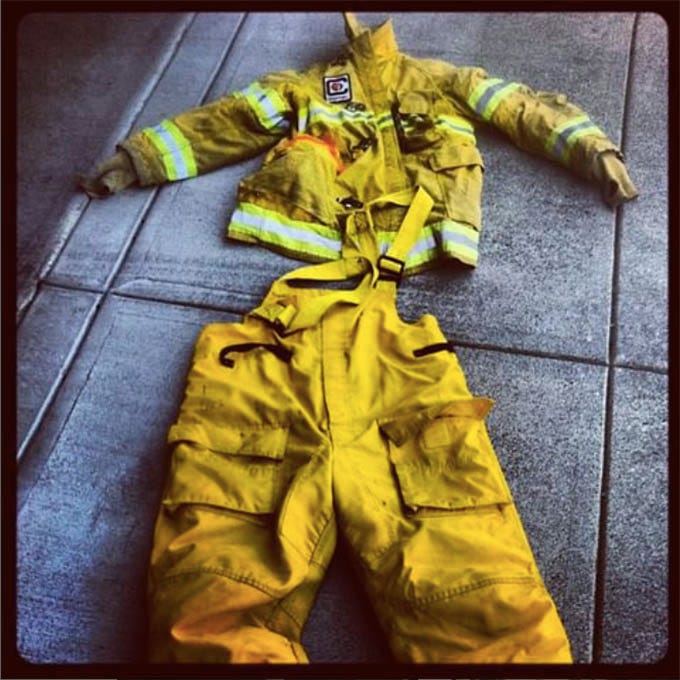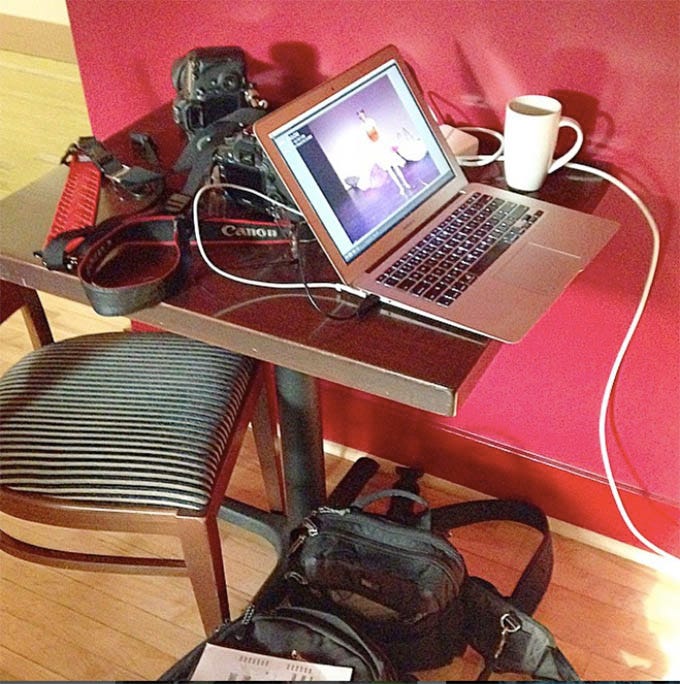"Event production taught me to deal with adversity"
Ian's Story, Part 2/4
(2/4) “My insomnia was a feature, not a bug, in the entertainment industry. Vancouver was ‘Hollywood North’ in the 2000s and the 2010 Winter Olympics were a crowning event. I worked on Casa Italia, German House and corporate events in nightclubs. Big budgets meant interesting gear, more power and rigging. In my twenties, I was running crews of up to two dozen people.
Everyone aspired to ‘work on the barge’ during Vancouver’s annual fireworks competition. I worked alongside international teams to load the barge, dig mortars into the sand, and wire them up. After the show, we’d sort through what was left. First, we’d make sure it wasn’t fizzing. Then we’d disarm it, get it out, level the sand, and prepare for the next show.
I loved new gear and capabilities. The people working behind the scenes were highly skilled both mechanically and digitally. There was a sense of pride and craftsmanship. And there was an adrenaline to live events that I didn’t get with film or TV. Things needed to happen at a certain time. I had to prepare ahead of the setup window because if I arrived on-site without the right stuff, I was hooped. I got good at dealing with adversity and bullshit gear. It was very satisfying.
When I was still figuring things out, this life was tremendous. Over time, I realized my progression only consisted of bigger shows and venues. There were guys twice my age doing the same things. It was lots of physical work, late hours, and little job security, so I wondered about my next step. When my girlfriend moved to Victoria in 2009, I found myself commuting back to Vancouver for work. I decided the Olympics would wrap my production career.
I began looking for interesting companies rather than specific jobs. Startups combined my interest in entrepreneurship and technology. Big data is a specialized application of IT and, like with pyrotechnics, I was drawn to the idea of doing something highly skilled that few others could do. That’s what attracted me to Terapeak, a startup analyzing big sets of e-commerce data to generate insights for customers. So I set about getting a job with them, even though I didn’t have a college degree or formal experience in IT.”
Skilled work is often glossed over as a career path, but it can lead to growth in self-confidence, and a sense of pride and craftsmanship.
If you took college off your roadmap, what skilled trade would you pursue? What skilled work have your done? What did it teach you?
How did Ian go on to become CEO of a listed company? More in the next chapter.


